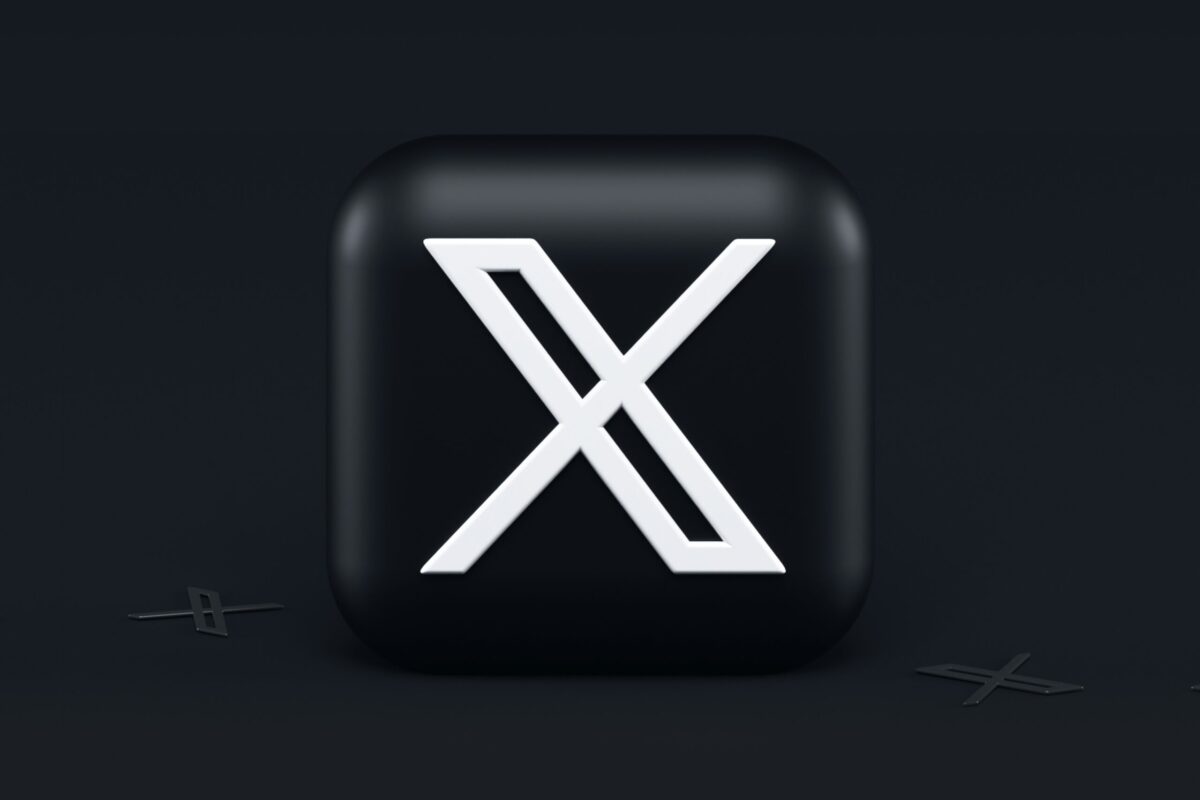The owner of the social media platform X, Elon Musk, reported that the platform faced a distributed denial-of-service (DDoS) attack just as his scheduled interview with presidential candidate Donald Trump was about to begin on 12 August.
The attack, which Musk described as “massive”, appeared to be designed to overwhelm the platform with traffic, making it difficult for legitimate users to access the service.
The interview, which was scheduled to start at 8:00 pm Eastern Time, was delayed due to these technical issues.
Many users reported that they were unable to join the X Spaces event, with the platform displaying a message saying the stream was “not available”.
Despite the issues, around 120,000 users managed to connect to the stream. Musk later revealed that X had tested the system earlier in the day, successfully handling eight million concurrent listeners.
However, the system struggled during the live interview, which led to the delay.
When the interview finally began around 8:30 pm ET, Musk acknowledged the difficulties, stating that the session would “proceed with a smaller number of live listeners” and that the unedited audio would be posted “immediately thereafter”.
He also addressed the DDoS attack remarking that this illustrated how there’s a lot of opposition to people just hearing what President Trump has to say”.
Absence of crypto discussions
During the more than two-hour-long interview, Trump covered a range of topics, including a recent assassination attempt on his life, illegal immigration, and foreign relations.
He also launched attacks on President Joe Biden and Vice President Kamala Harris, his rival in the upcoming presidential election.
Despite Trump’s well-known pro-crypto stance and Musk’s affection for Dogecoin, the discussion did not touch on cryptocurrency.
This omission surprised many, given the anticipation surrounding the interview. Before the event, Polymarket users had wagered over $1 million on a 56% chance that Trump would mention “crypto” or “Bitcoin”.
However, as the interview progressed without any reference to cryptocurrency, the odds on the platform quickly plummeted, reaching a low of 1% by the time the session ended.
Trump’s silence on crypto was notable, particularly given the significant interest in the topic among his supporters.
The interview, which was seen as a key opportunity for Trump to engage with a large audience, focused instead on more traditional political issues.
Musk, who has previously expressed strong support for Dogecoin, also did not steer the conversation toward digital assets.
The interview, while providing Trump with a platform to discuss his views, revealed little new about his plans for a second term.
Much of the conversation revolved around familiar themes from Trump’s previous speeches and statements.
The former president’s comments were largely in line with his established positions, offering few surprises to those who have followed his political career.
Issues with disinformation laws
Ahead of the interview, the European Union’s Commissioner for Internal Market, Thierry Breton, sent a letter to Musk, warning him of the need to comply with EU laws regarding the spread of disinformation.
Breton expressed concern that the interview with Trump could amplify “potentially harmful content”, urging Musk to ensure that X adheres to the regulations set out in the Digital Services Act (DSA).
Breton’s letter was met with a sharp response from X’s CEO, Linda Yaccarino, who described the communication as “an unprecedented attempt to stretch a law intended to apply in Europe to political activities in the US”.
Yaccarino added that the letter “patronises European citizens” by suggesting they are “incapable of listening to a conversation and drawing their own conclusions”.
This incident comes in the context of increasing scrutiny from the EU regarding X’s role in spreading disinformation.
A report published last year by the EU identified X as having the highest proportion of disinformation posts among all major social media platforms.
The report, which is part of the EU’s broader efforts to combat fake news and Russian propaganda, highlighted that X led the list in terms of the ratio of such posts.
Released under the new DSA, it revealed that X has become a significant platform for the spread of false information, particularly in comparison to other tech giants like Facebook, Google, TikTok, and Microsoft.
These companies have signed up to the EU’s Code of Practice on Disinformation, which aims to prepare them for compliance with the DSA. However, X has opted out of the Code, raising concerns about its commitment to combating disinformation.
Despite its withdrawal from the voluntary Code, X is still required to comply with the DSA. Failure to do so could result in severe consequences, including a potential ban across the EU.
European Commissioner Věra Jourová, who is responsible for enforcing the DSA, had warned Musk that leaving the Code does not exempt X from its legal obligations.
“Mr Musk knows he is not off the hook by leaving the code of practice. There are obligations under the hard law. So my message for Twitter/X is you have to comply. We will be watching what you do”, Jourová stated.


